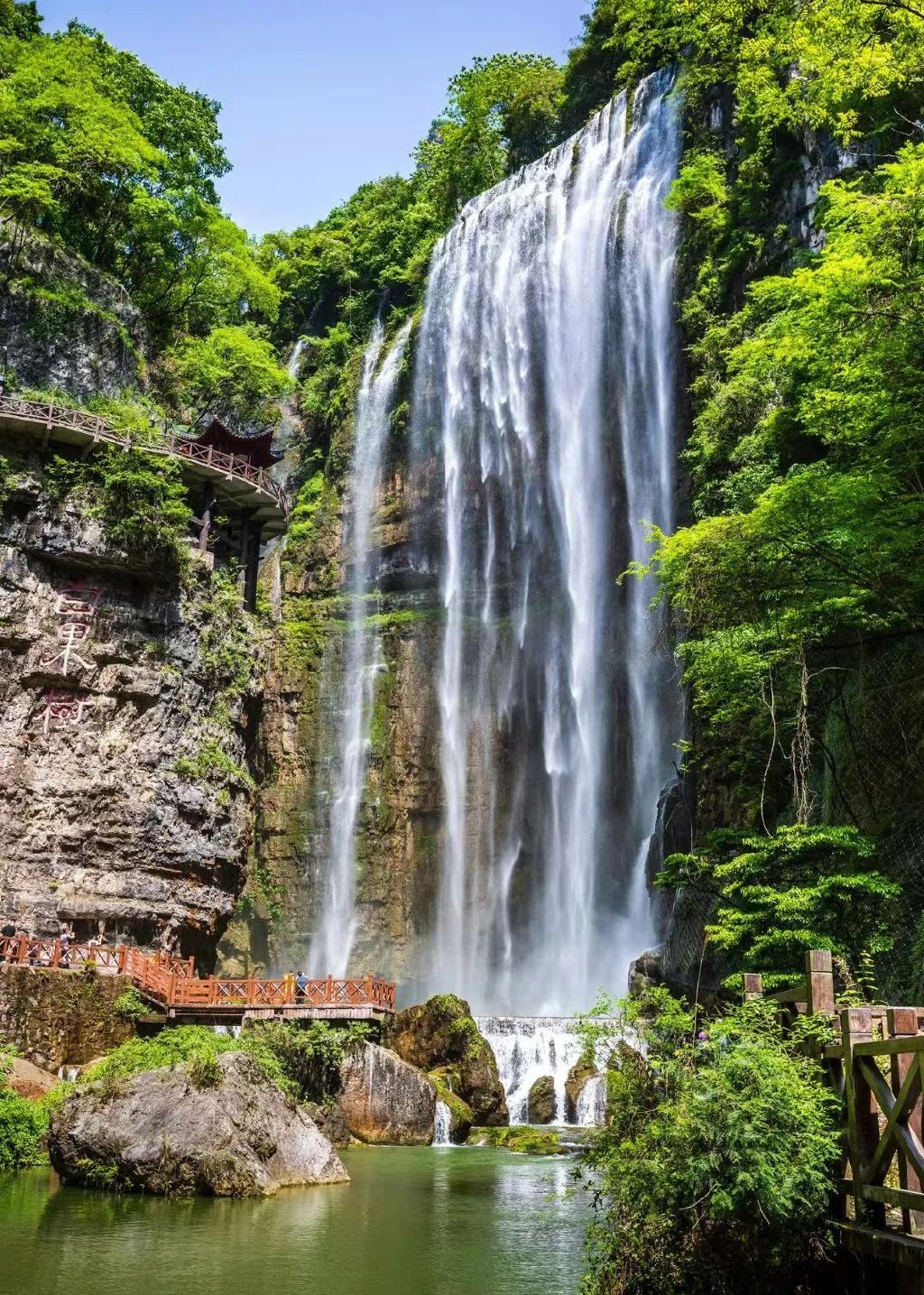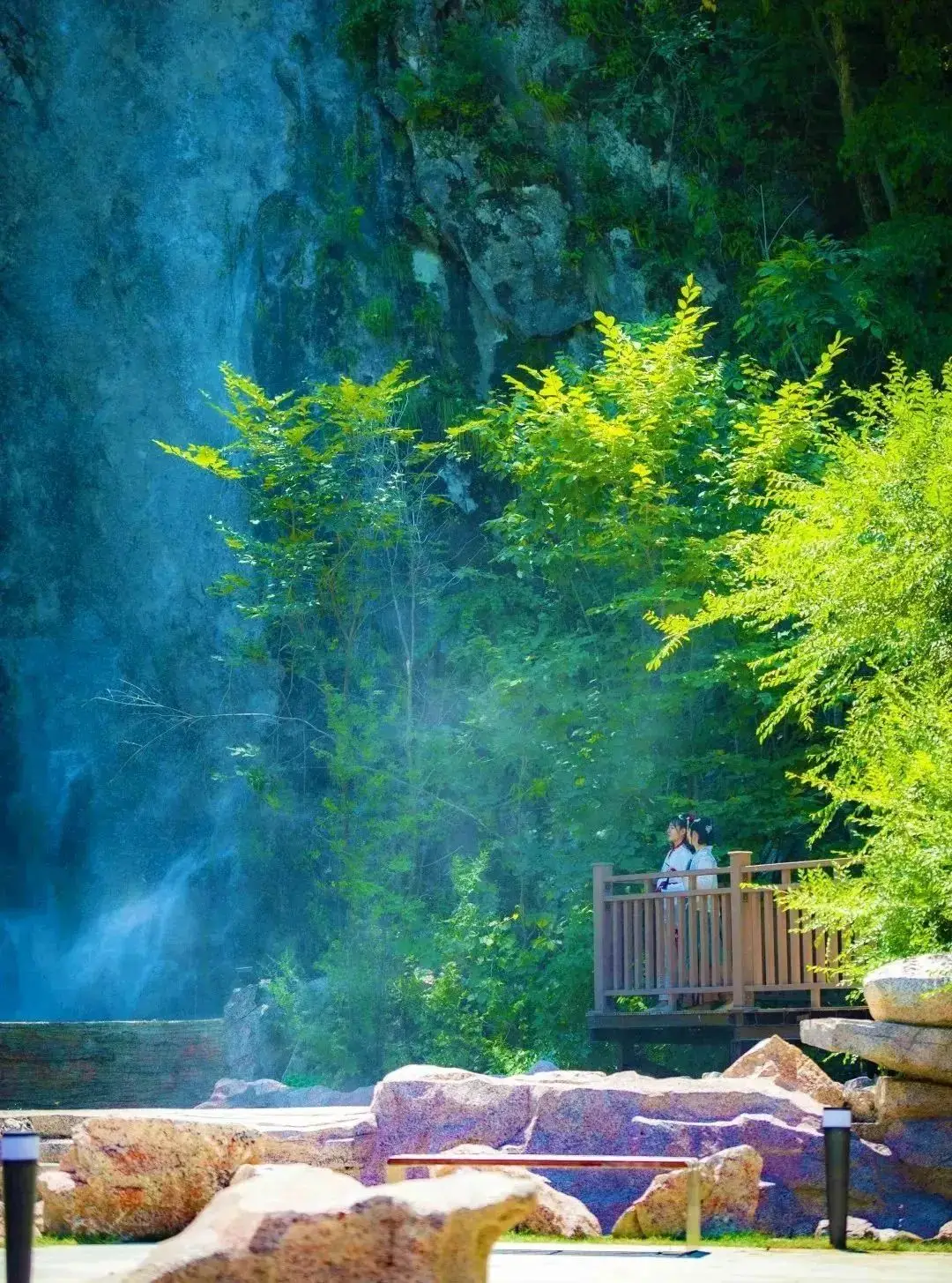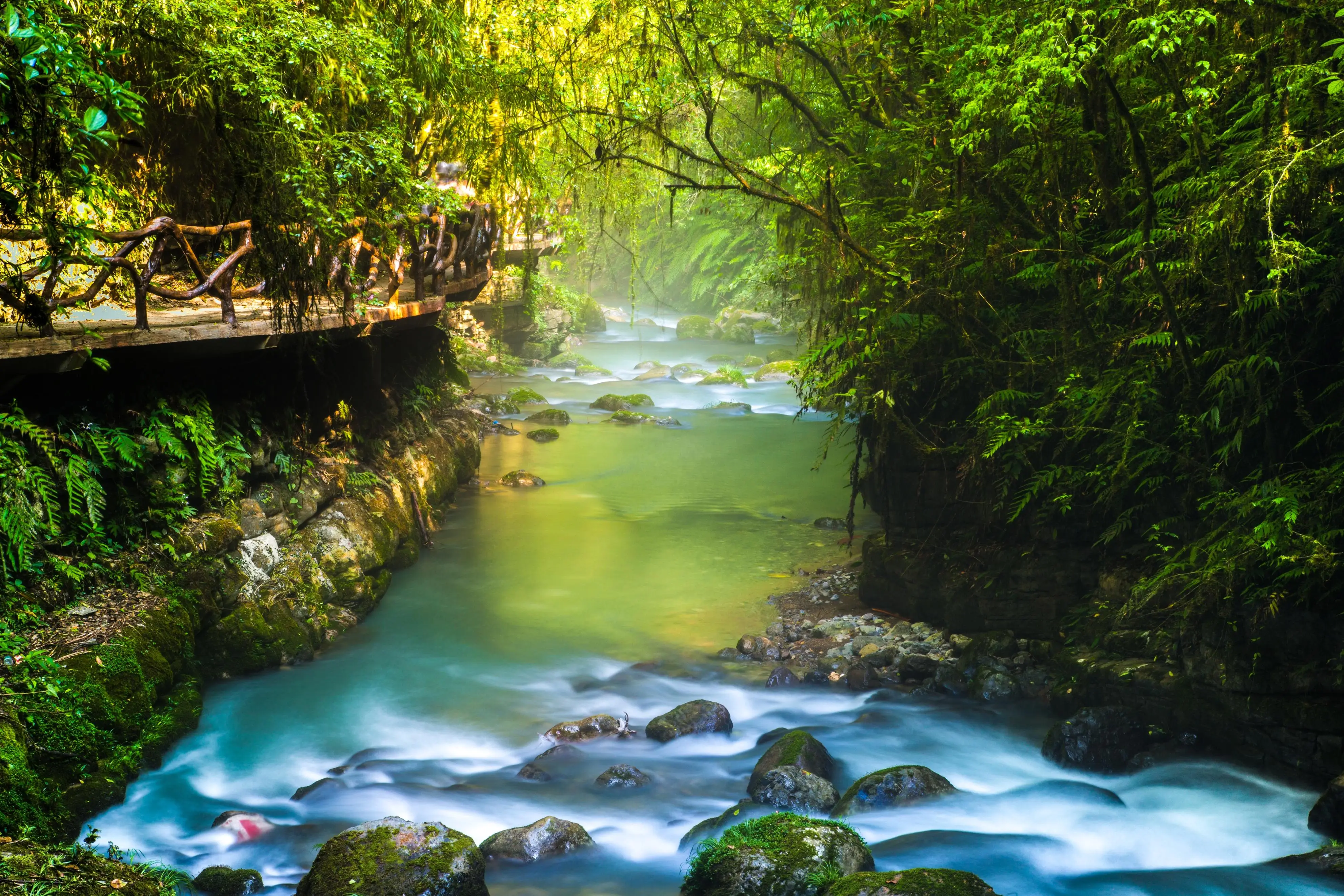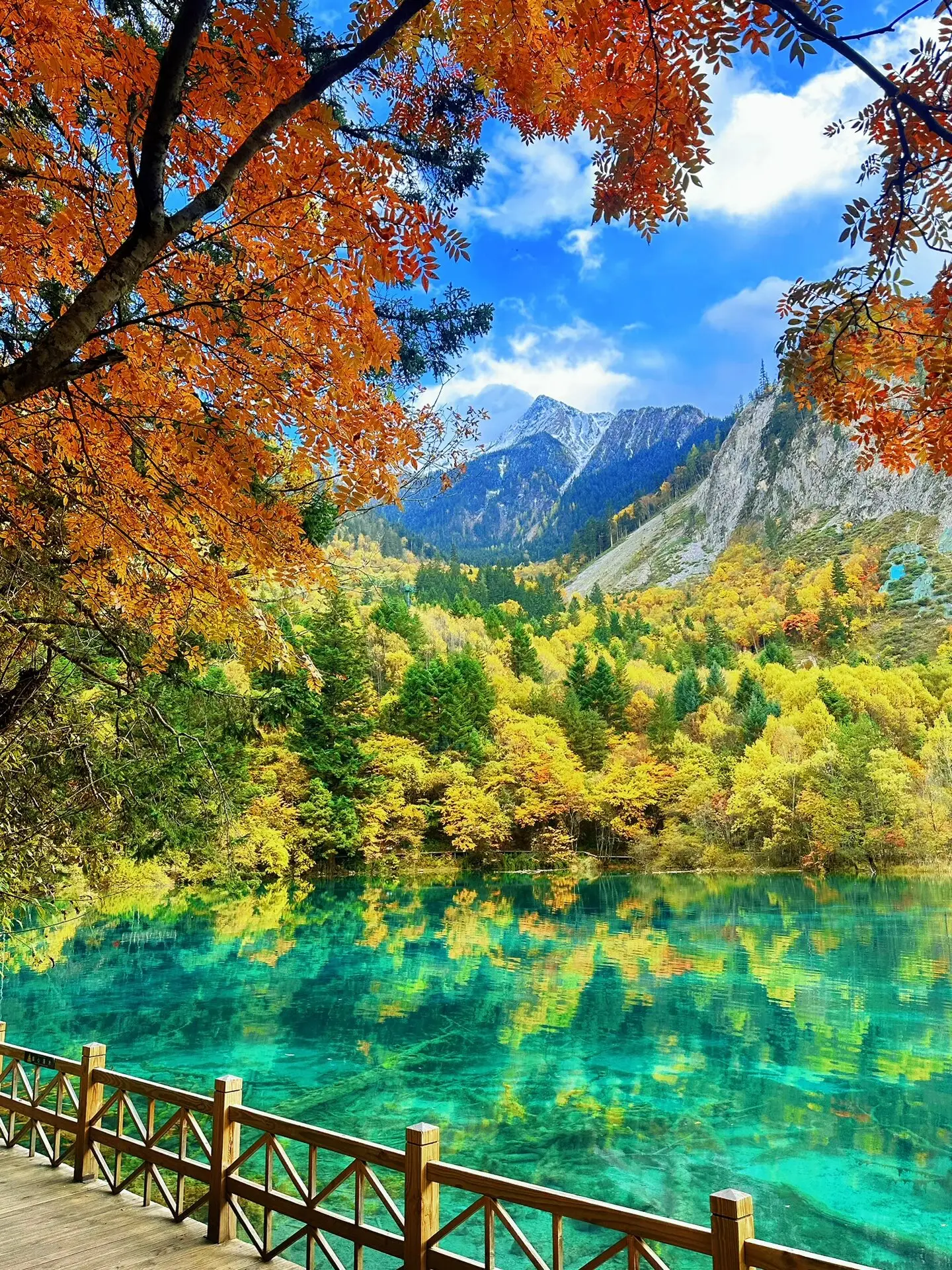Imagine a landscape where water and sky merge into a canvas of breathtaking beauty, where ancient poetry comes to life, and serene waters reflect centuries of culture. This is the realm of China's lakes, a collection of diverse aquatic wonders waiting to be explored. From the high-altitude jewels of the Tibetan Plateau to the classical gardens of the south, these bodies of water offer more than just scenery; they are gateways to understanding China's soul.
The allure of these lakes lies in their variety. You can find yourself on the shores of a vast, sea-like lake one day, and beside a delicate, pagoda-adorned pond the next. This journey is not merely about checking destinations off a list; it's about immersing yourself in different atmospheres, histories, and natural phenomena. Whether you seek tranquility, adventure, or a deep cultural connection, planning your visit around the unique character of each lake is the first step to an unforgettable experience.
For those drawn to immense, almost oceanic scales, Qinghai Lake is a mandatory stop. Located on the northeastern rim of the Tibetan Plateau, it is China's largest inland saltwater lake. Its waters are a stunning, deep sapphire blue, set against a backdrop of rolling grasslands and distant snow-capped mountains. The best time for a Qinghai Lake tour is from July to August, when the weather is mild and the surrounding pastures explode with yellow rapeseed flowers, creating a spectacular contrast with the blue water. The area is a haven for birdwatchers, hosting the rare bar-headed goose and other migratory species. Cycling along part of the lake's circumference is a popular activity, offering an intimate way to feel the vastness of the landscape.
Not far from the urban jungle of Hangzhou lies the poetic West Lake, a masterpiece of classical Chinese landscape design. This is not a wild, untamed lake but a carefully curated work of art, where every hill, willow tree, and bridge has been placed to inspire poets and painters for over a millennium. The essence of a West Lake travel experience is to wander slowly. Walk along the Su Causeway and Bai Causeway in the early morning mist, visit the legendary Leifeng Pagoda, and take a boat ride to the Three Pools Mirroring the Moon islet. The lake's beauty changes with the seasons: blooming peach trees in spring, lotus flowers in summer, golden ginkgo leaves in autumn, and a serene, snow-dusted silence in winter.

In the far west of China, nestled at the foot of the majestic Xuebao Peak, lies Jiuzhaigou's五彩池 (Wǔcǎi Chí), or Five-Flower Lake. This is not a single large lake but a collection of stunningly colorful pools within the Jiuzhaigou Valley, a UNESCO World Heritage site. The water is so clear you can see ancient tree trunks lying at the bottom, and its colors range from turquoise and sapphire to emerald and amber, caused by mineral deposits and algae. A Jiuzhaigou National Park tour is like stepping into a fairy tale. The best times to visit are autumn, when the fiery colors of the forests are reflected in the vibrant waters, and spring, when the valley is lush and green. Be prepared for high altitudes and significant walking, but the visual rewards are unparalleled.
For a lake experience steeped in mystical beauty, Lugu Lake on the border of Yunnan and Sichuan provinces is unparalleled. Known as the "Mother Lake" by the local Mosuo people, its serene blue waters are surrounded by forested hills. The unique selling point of a Lugu Lake travel guide is often the matriarchal Mosuo culture, often called the "Kingdom of Women." Visitors can take a wooden "pig-trough boat" ride across the clear waters, listen to Mosuo folk songs, and learn about their distinctive family structures. The atmosphere here is peaceful and profoundly different from the rest of China, offering a glimpse into a well-preserved traditional way of life.
Poyang Lake in Jiangxi Province holds the title of China's largest freshwater lake, but its claim to fame is seasonal and dramatic. It is a critical hub on the East Asian-Australasian Flyway, a migratory route for millions of birds. During the winter months, the lake becomes a stage for one of nature's great spectacles. This is the best time for bird watching in China, as thousands of majestic Siberian cranes, along with many other species, descend upon the lake's wetlands. The vast, flat landscape, dotted with flocks of white cranes against a rising or setting sun, is a sight that will captivate any nature lover. A Poyang Lake tour in winter is a truly unique ornithological adventure.
While the large lakes get much of the attention, the man-made masterpiece of West Lake in Yangzhou, a lesser-known gem, offers a more intimate experience. Slender West Lake, as it is known, is a long, narrow lake whose design mimics the famous Hangzhou West Lake but on a smaller, more refined scale. Its charm lies in its elegant bridges, pavilions, and rockeries, representing the pinnacle of Chinese garden art. A walk here feels like wandering through a living painting, perfect for those seeking a quiet, contemplative escape from the more crowded tourist spots.
To ensure your journey across China's lake districts is smooth and rewarding, a little preparation goes a long way. The first consideration is timing. China's climate is diverse, so research your specific destination. Summer is generally warm and wet, while winter can be bitterly cold, especially in the north and at high altitudes. Spring and autumn are often the most pleasant for travel. For high-altitude lakes like those in Jiuzhaigou, be aware of potential altitude sickness. Acclimatize slowly, stay hydrated, and avoid strenuous activity on the first day. Always pack layers, as weather can change quickly in mountainous regions.
Getting to these lakes varies. Major lakes like West Lake in Hangzhou are easily accessible by high-speed train and have excellent local public transport. More remote locations like Lugu Lake or Qinghai Lake may require a combination of flights, long-distance buses, or private car hires. For these, consider joining a small tour group or hiring a local driver for convenience and to better access scenic viewpoints. When it comes to accommodation, options range from luxury international hotels in cities like Hangzhou to charming, family-run guesthouses near Lugu Lake or Qinghai Lake, which offer a more authentic and personal experience.
Respect for the environment and local customs is paramount. Many of these lakes are in ecologically fragile areas. Always follow designated paths, carry out any trash you bring in, and avoid using disposable plastic bottles when reusable ones are an option. When visiting areas inhabited by ethnic minorities, such as the Mosuo around Lugu Lake, be a polite observer. Ask for permission before taking photographs of people, and be open to learning about their way of life without judgment. A simple smile and a respectful attitude will enrich your interactions immensely.
The true magic of China's lake wonders is how they blend the natural world with deep human culture. They are places of reflection, both in the water and in the mind. They tell stories of emperors and poets, of ethnic traditions and timeless natural cycles. Crafting your perfect China lake itinerary allows you to connect with this multifaceted country in a profound way, leaving you with memories of stunning vistas and a deeper appreciation for the harmony between humanity and nature.



发表评论